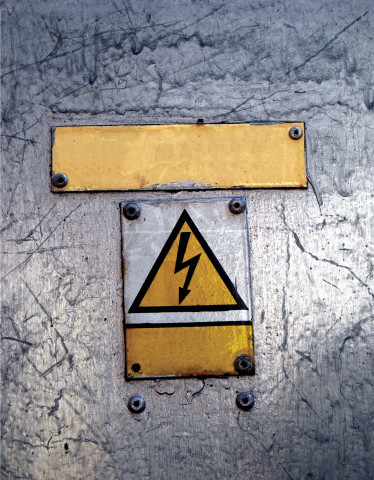NEPRA allows KESC tariff increase by Rs2.79 per unit
Decision on account of changes in its fuel costs during first quarter of 2011.

The National Electric Power Regulatory Authority (Nepra) has allowed Karachi Electric Supply Company (KESC) to increase the tariff it charges customers by an average of Rs2.79 per unit, or more than 18.4%, effective July 1, on account of changes in its fuel costs during the first quarter of 2011.
The overall price hike was the result of three separate decisions by Nepra, which allowed a tariff adjustment for the first three months of 2011 of Rs1.94 per unit, a fuel adjustment for March 2011 of Rs1.54 per unit, as well as a Rs0.69 reduction per unit reduction in tariffs on account of the fuel adjustment for April.
“After a reduction in the power tariff by Rs0.69 per unit out of the total Rs3.48 per unit power tariff increase, KESC has been allowed to raise tariff by Rs2.79 per unit,” said a Nepra official.
Electricity tariffs are extraordinarily complex since power companies charge different rates for varying levels of consumption as well as having different rates for residential, commercial and industrial users. In addition, there can be variation between the rates charged during peak and off-peak hours. Tariff increases are typically calculated by taking into account the rises in costs for power companies, usually involving changes in fuel prices (mostly oil, but also natural gas). The tariff increase announced is the average tariff increase, and actual tariff changes for every category will vary. For instance, “lifeline” customers – those who use less than 50 kilowatt-hours of electricity per month – will not see a price hike.
KESC typically requests quarterly adjustments to its power tariffs, which are set by Nepra. For the first quarter of 2011, the company – owned by the Dubai-based private equity firm Abraaj Capital – had requested a tariff hike of Rs2.24 per unit but was instead granted Rs1.94 per unit by the power regulator. This increase will not apply to lifeline customers. The power company also submitted lengthy details of its fuel costs in order to seek adjustments in its tariff on that basis. Energy companies in Pakistan are typically not allowed to earn beyond a specified rate of profit and so must justify tariff hikes with cost increases as well.
KESC’s claim of needing a Rs1.54 per unit increase in tariff to justify higher fuel costs from January to March was accepted though Nepra also decided to then create a negative fuel adjustment of Rs0.69 per unit for April, when fuel prices declined.
The impact of these price adjustments will be felt in the month of July by all KESC customers, except those who use less than 50 kWh and those who are classified as agricultural consumers.
Published in The Express Tribune, July 2nd, 2011.



















COMMENTS
Comments are moderated and generally will be posted if they are on-topic and not abusive.
For more information, please see our Comments FAQ